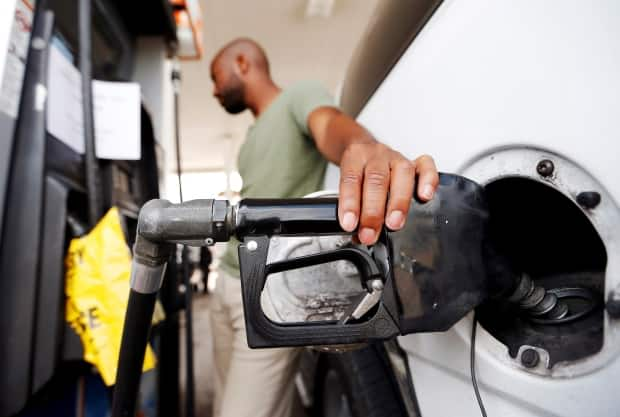Inflation rate dips to 3.1% as shelter and transport costs rise

Canada's inflation rate came in at 3.1 per cent in June as prices for shelter and transportation rose quickly, while increases for things like food, clothing and recreation slowed down from May's level.
Statistics Canada reported Wednesday that shelter costs have increased by 4.4 per cent in the past year, and transportation costs went up by 5.6 per cent compared to June 2020.
But the inflation rate was dragged lower because the price of many goods has come down from where it was last year, including beef, which has declined by 11 per cent, fresh vegetables (down by 7.5 per cent) and cellular services (down an eye-popping 21 per cent).
The decrease for the latter "was mainly due to a variety of promotions across the industry offering lower prices for cellular phone plans and bonus data," the data agency said.
Shelter costs were a major factor pushing the rate up, as the cost of buying or renting a home continues to increase.
The homeowners' replacement cost index rose by 12.9 per cent, its highest annual pace since 1987. But the cost of financing homes via mortage fell by 8.7 per cent in the past year, the biggest plunge in more than 70 years of data keeping, Bank of Montreal economist Benjamin Reitzes noted.
Wild swings in gas prices in past three years
The price of gasoline, meanwhile, has increased by 32 per cent in the past 12 months. But that's actually down from 43 per cent a month earlier.
"Oil prices at this time last year were recovering, but they were still quite low from the pandemic shock itself," TD Bank economist Sri Thanabalasingam said in an interview. "As we go through the months ahead, we'll see less of a base year impact and therefore less contribution from gas prices to the overall inflation numbers."
For now at least, pump prices are playing a major role in the inflation rate. If gasoline is stripped out of the numbers, the inflation rate was just 2.2 per cent.
Higher prices are coming
Higher gasoline and transportation prices are just one factor that consumers may soon feel when buying just about anything, Thanabalasingam said.
Businesses are seeing higher costs for everything from supplies to labour. Eventually, those costs have to get passed on.
"We likely will see businesses pass on more of these costs on consumers but I do think that would occur on a temporary basis because over the longer term, if businesses continue to do so, consumers would demand higher wages as a result," he said.
Business owners say they can't afford to shelter consumers from higher costs forever.
Larry Isaacs, president of Firkin Group of Pubs which has 24 restaurants across Ontario, said in an interview that restaurants are in no place to swallow those higher costs, having barely survived the pandemic.
"If you increase the price of the food, if you increase the price of labour, if your hydro goes up, your insurance goes up, you've got nothing left," he said.
"The pressure builds — what do you do?"

